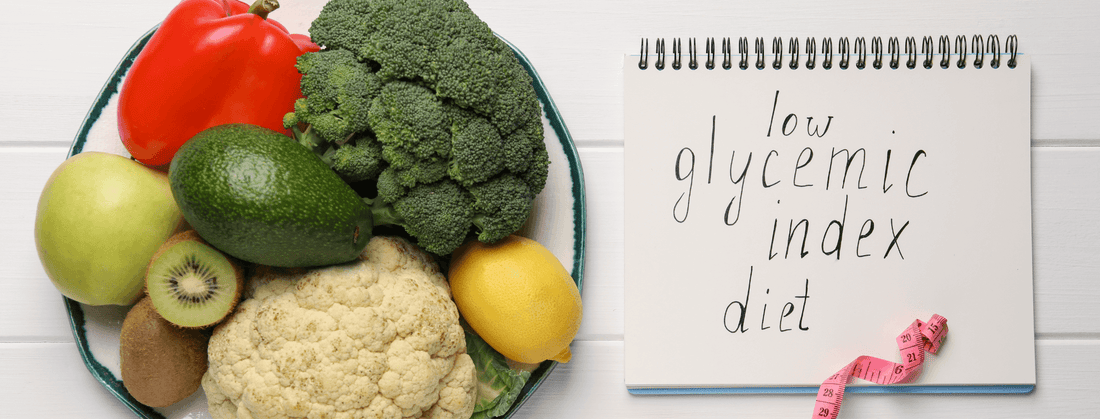
The Glycemic Index of Sweeteners: What You Need to Know
Understanding the glycemic index (GI) of foods, particularly sweeteners, is crucial for managing blood sugar levels, especially for people with diabetes or those following a low-carbohydrate diet. This guide will help you understand the GI of various sweeteners, from natural options like honey to artificial sweeteners like aspartame, etc.
Understanding the Glycemic Index:
The glycemic index is a ranking system for carbohydrates based on their immediate impact on blood glucose levels. Carbs are scored on a scale from 0 to 100, with higher values assigned to foods that cause the most rapid rise in blood sugar. Foods are classified as low (GI 55 or less), medium (GI 56 to 69), or high (GI 70 or more). Understanding the GI can help you make healthier choices to maintain energy levels and prevent chronic diseases.
Common Natural Sweeteners and Their Glycemic Index:
- Honey: Although natural and containing trace minerals, honey has a GI of around 58, making it a medium-GI sweetener. It's better than regular sugar but should still be used sparingly.
- Maple Syrup: With a GI of around 54, maple syrup falls into the low to medium category. It offers nutrients like zinc and manganese but is high in sugars.
- Agave Syrup: Popular in the health community, agave syrup has a lower GI of about 30 due to its high fructose content, which has a lower impact on blood sugar than glucose.
Artificial Sweeteners and Their Glycemic Impact:
- Aspartame: Commonly used in diet sodas and sugar-free products, aspartame has a negligible effect on blood sugar and a GI of 0.
- Sucralose (Splenda): Sucralose is another popular sweetener in diabetic-friendly foods with a GI of 0, making it an excellent choice for maintaining stable blood sugar levels.
- Stevia: This natural sweetener is derived from the leaves of the Stevia plant and does not raise blood glucose levels, sporting a GI of 0.
Sugar Alcohols and Glycemic Load:
- Xylitol: Xylitol has a lower GI of 13, making it favorable for those managing blood sugar. However, it can cause digestive issues if consumed in large amounts.
- Erythritol: This sugar alcohol has a GI of 1, almost negligible, and is well-tolerated, making it a preferred choice for low-carb and ketogenic diets.
- Sorbitol: With a GI of 9, sorbitol is lower but can also lead to digestive discomfort when used excessively.

Image Source: https://www.nowfoods.com/healthy-living/articles/sweetener-comparison-chart
Experiment with replacing high-GI sweeteners in your diet with lower-GI alternatives. For example, use erythritol instead of table sugar in your baking, or sweeten your coffee with stevia instead of cane sugar. Always start with small quantities to adjust to the taste and digestive response.
Spotlight on KetoMe Cookies:
___________
If you're looking for a delicious way to enjoy a treat without spiking your blood sugar, our KetoMe Cookies are crafted with your health in mind. Made exclusively with low-GI sweeteners like erythritol and Monk-fruit, these cookies are perfect for those on a ketogenic diet or anyone looking to reduce their sugar intake without sacrificing flavor.
Our KetoMe Cookies come in a variety of flavors, ensuring there's something to satisfy every palate. Each batch is baked with high-quality, gluten-free ingredients and contains no artificial flavors or preservatives.

